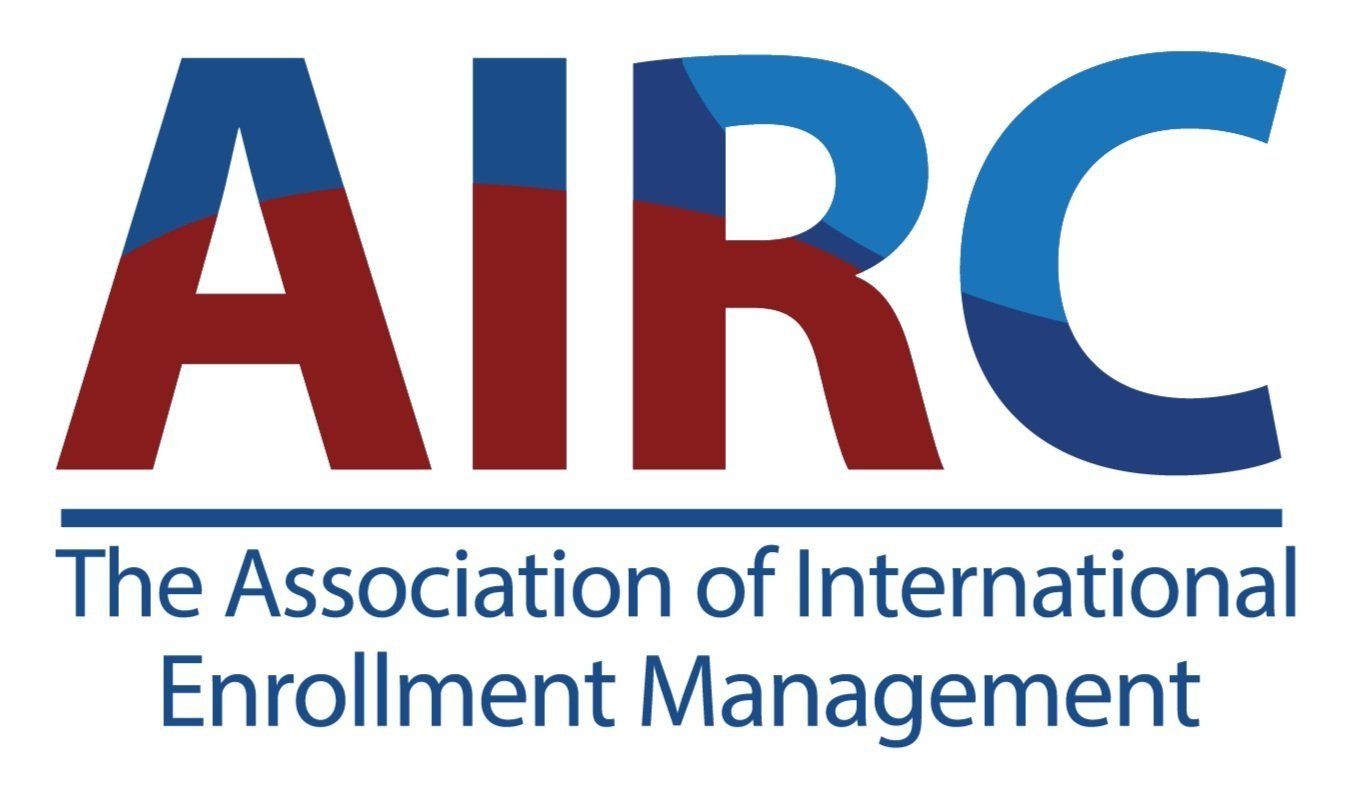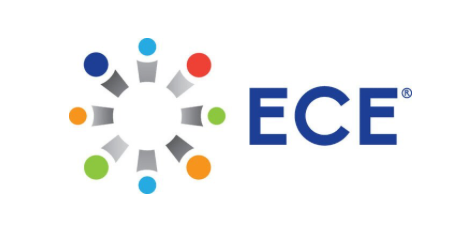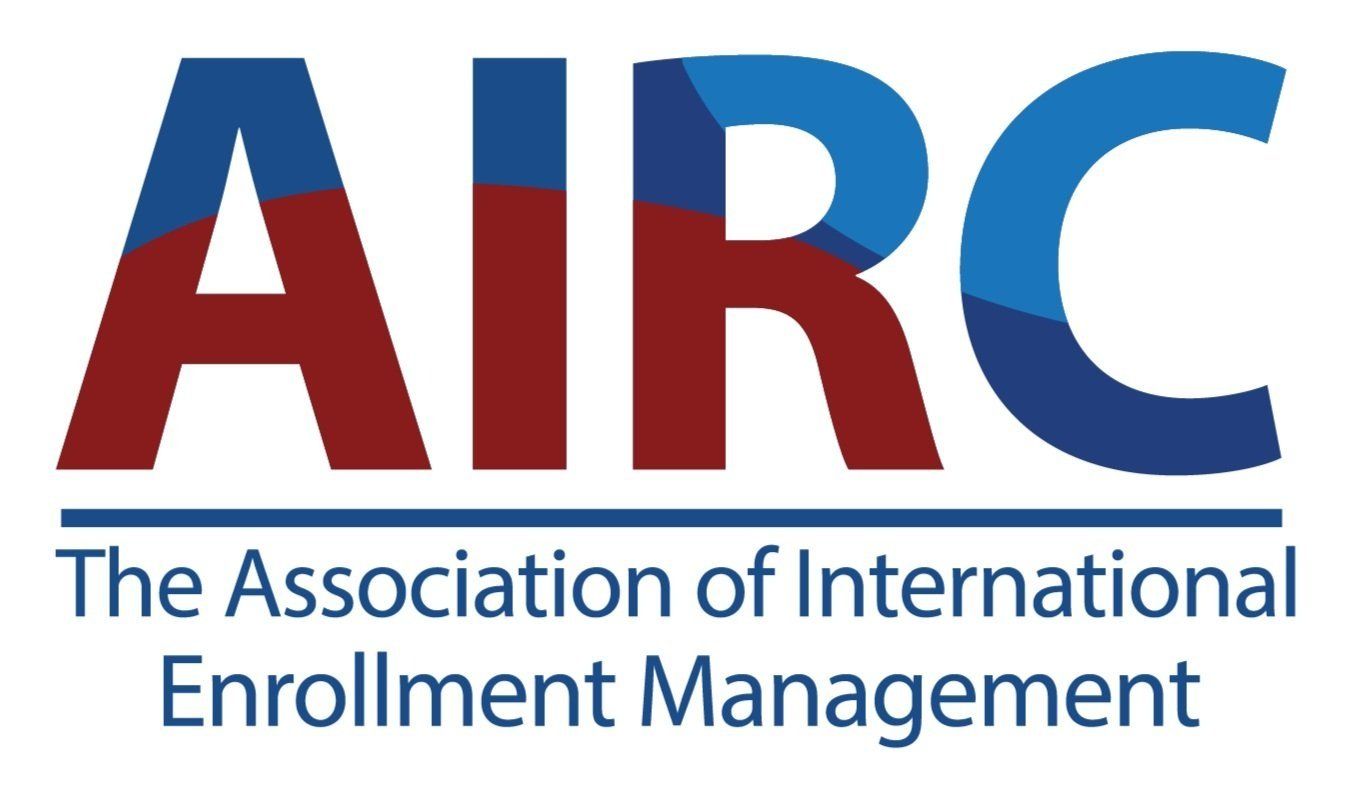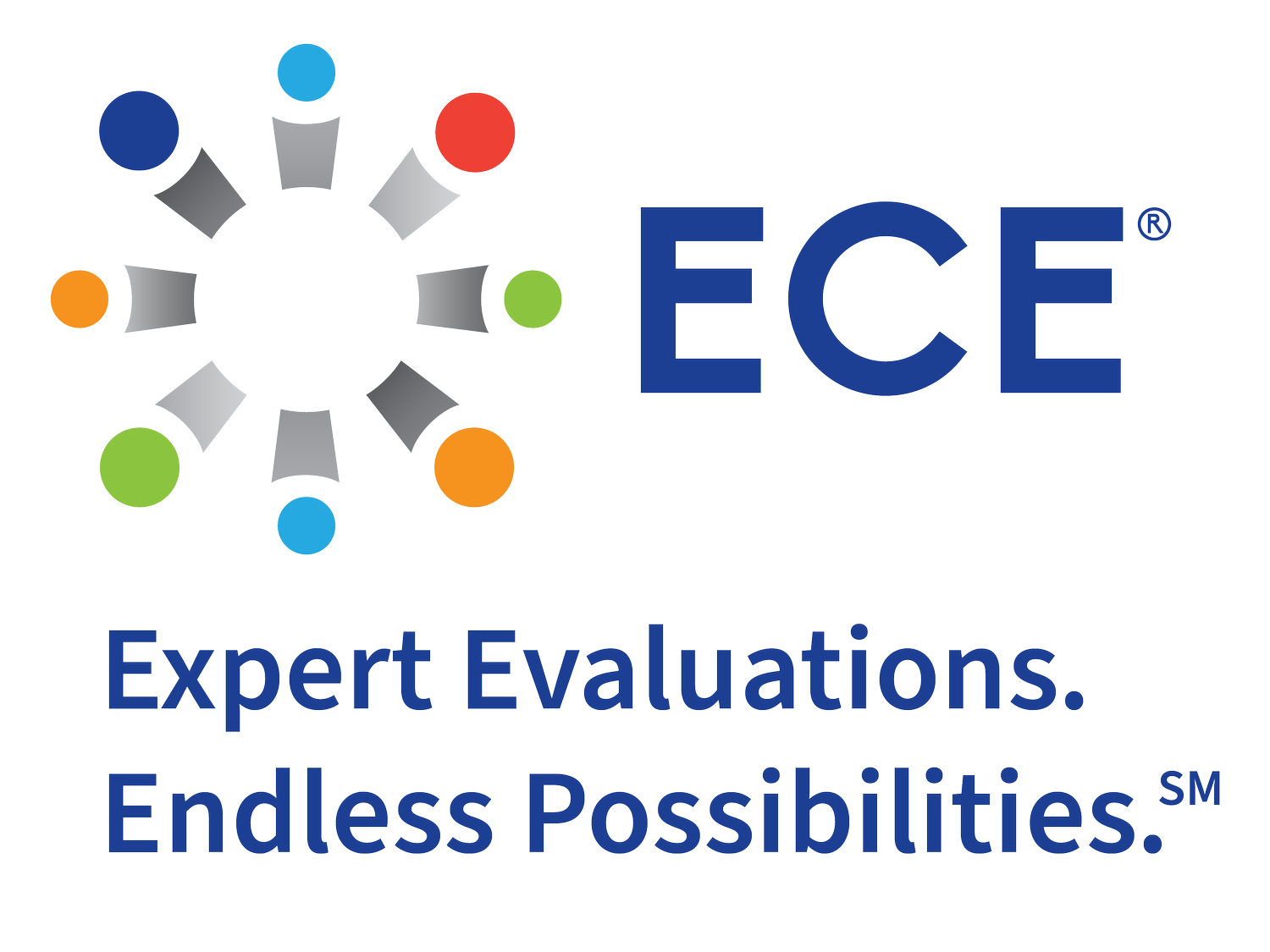ApplyBoard Survey Finds International Student Interest in the US Rising, Study Goals Aligning with In-Demand Fields
2024 has been a nearly unprecedented year for changes in the international education sector. Between policy updates, geopolitical shifts, and a rising cost of living around the world, there's a lot for future international students to keep in mind. And, on top of these macro-considerations, students also need to apply to programs, find housing, and manage everything else involved in their journey.
With so much for students to consider, it's important to understand what drives them and how their perspectives are changing. To gain a first-hand understanding of where students are at, the team at ApplyBoard connected with over 1,500 students from almost 100 countries in the latest edition of their Student Pulse Survey (1). Read on for a closer look at which destinations are gaining ground, which study levels are capturing student interest, and more.
Destination Choices for International Students are Truly Global
When asked where students planned to study, 64% of Student Pulse Survey participants were aiming solely for one or more of the "Big Four" Anglophone study destinations (Australia, Canada, the UK, or the US), Ireland, or Germany.
Canada remained the top choice overall, but for the first time, more respondents were "extremely interested" in studying in the United States than any of the other countries noted above. In fact, 82% of survey respondents were either "extremely" or "very" interested in studying in the US, up from 75% of respondents in Spring 2024 and 78% of respondents in Fall 2023:
This positive momentum in student interest could mean applying to programs in the US may be more competitive than ever going into 2025.
As students recalibrate their expectations and interest levels in the wake of global policy changes in other destinations, the US is positioned to attract a larger percentage of international students. Likewise, the UK saw a positive swing in sentiment of two percentage points between the Fall 2024 and Spring 2024 surveys, possibly reflecting a turning of student sentiment with the UK's change in government and its support of measures like the Graduate Route. Meanwhile, students shared lower interest levels in Australia and Canada, likely due to both countries' implementation of international student caps and other policy measures affecting international student mobility.
The Student Pulse survey also asked how recent policy changes in Australia, Canada, and the UK may have shifted student interest. Across the board, around 20% of respondents were less interested in these countries, but between 25% and 34% were actually more interested. This may speak to students appreciating transparency from destination governments around things like more accurate cost of living guidelines. Still, the 20% drop in interest across the board represents a significant number of students who are looking elsewhere, which could give the US’s relatively stable international education program a competitive advantage in attracting top talent in 2025.
36% of survey participants were also considering different study destinations beyond the six countries shared above. Finland, the Netherlands, and Sweden were the most popular emerging destinations.
Many International Student Program Choices Match In-Demand Careers
When it comes to programs that international students are considering, business and management programs were top of mind for survey respondents. In fact, over one-third of the survey participants expressed interest in business as a study program area:
Interestingly, slightly fewer students selected business programs when compared to ApplyBoard's Spring 2024 Student Pulse Survey. This may point to more students considering multiple fields of study, or students could be applying to different programs in response to changed visa requirements both during and after their studies.
While interest in business was down, surveyed students reported higher student interest in engineering, health, and math/computer science/IT programs. As all of these industries are projected to grow quickly through the 2030s in the US, international students are likely to graduate into economies that would highly benefit from recruiting young professionals with these skill sets.
Most International Students Plan to Pursue Postgrad Studies
More and more, students worldwide see postgraduate studies as a top choice. Nearly 90% of surveyed students included one or more postgraduate-level programs in their response to the question, "What level(s) of study do you plan to pursue?". This continued a trend from the previous ApplyBoard Student Pulse Survey, with interest in postgraduate studies rising almost 10 percentage points compared to the Spring 2024 survey results.
Notably, in the Fall 2024 survey, the only study levels where interest levels increased (versus Spring 2024) were for master's degrees, doctoral degrees, and secondary school:
Not all postgraduate study confers the same benefits to international students, though. Some benefits are strictly limited to specific programs, such as:
- Bringing dependents. In countries like the UK, only students in a research-based master's degree programme or higher are eligible to bring partners or children as of 2023. In Ireland, the only students who may bring dependents are those pursuing a four-year PhD program.
- Spousal work visas. Canada recently updated how work visa eligibility works, so partners of students applying for master's degrees shorter than 16 months after November 1, 2024 are no longer eligible for an open work visa.
Given how recent several of these changes are, it makes sense that interest in shorter post-grad programs like certificates and diplomas has decreased. That said, these changing student inclinations could signal an opportunity for American institutions to highlight the flexibility of postgraduate degree programs. Some master's degree programs can be accelerated, allowing students to complete a degree course in not much more time than it would take to finish a postgraduate diploma. Additionally, if institutions offer a variety of master's program styles (coursework, research, project-based, etc.), highlighting these different approaches in recruitment materials can attract a diverse student audience.
Finding a Study-Work Balance
As the cost of living continues to climb, part-time work is a reality for most students. In fact, the ability to work part-time was the fourth most common factor students considered when choosing a study destination:
The survey also found only 2% of respondents didn't plan to work at all while studying abroad.
Students plan to engage in a wide variety of work while studying. Just under one-third of international students planned to complete a work-integrated learning opportunity—whether a co-op term, internship, placement—or other training like CPT or OPT. Another 30% planned to work part-time at less than 20 hours per week. However, most students we surveyed—almost two-thirds—planned to work more than 20 hours per week, if permitted, on top of their studies (2).
What These Survey Results Mean for US Institutions
For American institutions looking to build their international student population, adapting to shifting student preferences is vital. Here are a few recommendations for supporting student success:
- Per the survey findings, students value a school’s strong reputation more than its formal rankings. Sharing your institution’s strengths via student testimonials, your alumni network, in-market events, and social media may lead to an influx of interest.
- 2024 has been a year of intense change around the globe and students may be deferring their enrolment, or reconsidering their options. To help retain them, it’s important for institutions to keep open lines of communication around policy changes, official links to student visa information, key academic calendar dates, and more. Helping students feel like they’re part of the campus community before arrival can make them more likely to follow through with their enrollment and future academic growth.
- To help students balance study and work without jeopardizing their student visa, highlight specific opportunities through your institution’s relationships with local industry, co-op programs, or unique research avenues. Have strong graduate employment rates? Share those in admissions materials so students can easily imagine the path from their course or program to their future career.
For an in-depth look at top trends in the international education sector, and how your team can navigate them, check out ApplyBoard's brand-new 2025 Trends Report.
(1) The ApplyBoard Fall 2024 Student Pulse Survey ran from September 30, 2024 to October 14, 2024. It received 1,524 responses from individuals in 94 countries.
(2) Students could select more than one answer to this question, which is why the total percentage exceeds 100.
ABOUT APPLYBOARD
ApplyBoard has empowered more than 1 million students from over 150 countries to access global education since 2015. Driven by its mission to unlock the potential of every aspiring mind, ApplyBoard simplifies the international education journey by connecting students to over 1,500 institutions across Canada, the United States, the United Kingdom, Australia, and Ireland. To learn more, visit www.applyboard.com.








